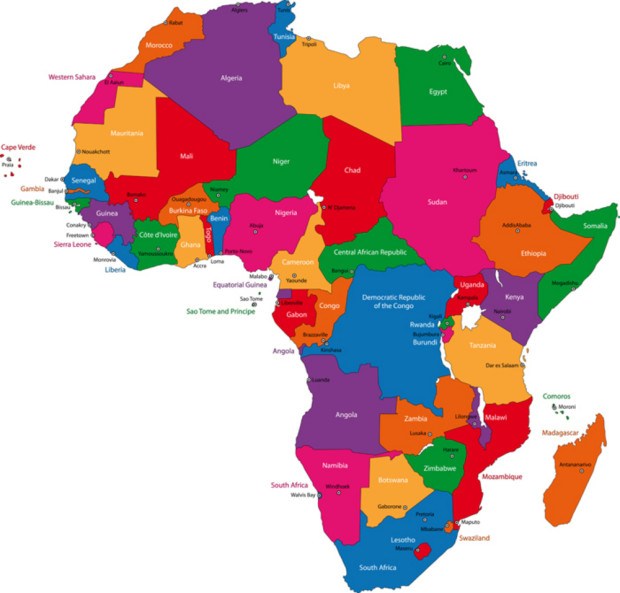Sub-Saharan Africa continues to attract interest from insurers and reinsurers despite uncertainty about whether regional countries there can sustain robust levels of growth, A.M. Best concluded in a new report.
Following years of strong economic activity, led in part by high commodity prices and foreign direct investment, there is now uncertainty about the sustainability of the robust levels of growth experienced in recent years, particularly with low oil prices, according to A.M. Best report “Capacity Flows into the Sub-Saharan Reinsurance Markets Despite Economic Challenges.”
This uncertainty is boosting the levels of capital being repatriated as investors’ confidence in Africa’s economic prospects decreases, the report said.
On the other hand, the report noted that the insurance/reinsurance markets of the sub-continent continue to attract interest from around the world as foreign investments in this sector seek growth, returns and diversity outside of their core markets.
At the same time, domestic reinsurers remain focused on their strategies to expand beyond their borders as they look to strengthen their profiles and achieve critical mass.
“A.M. Best estimates that there are between 35 and 40 reinsurers domiciled in the sub-continent,” said Deniese Imoukhuede, associate director. “This number is growing as lawmakers seek to supplement capacity available to the insurance industry as a result of the increasing discovery of oil reserves and the numerous infrastructure projects being undertaken, thereby reducing premium outflows to the international reinsurance markets and domesticating more profits.”
Imoukhuede added: “The number of national reinsurers established is also rising. These national reinsurers are typically government or quasi state-owned entities that are entitled to the first refusal of compulsory treaty business arising from the country of domicile.”
Despite the influx of new entrants into the reinsurance markets and regulatory influence in developing the re/insurance sector, the capital positions of domestic reinsurers remain low, the report continued.
“This factor, combined with the substantial shortage in the skilled workforce of the [insurance/reinsurance] sector, means that the industry as a whole remains reliant on the international markets to support its capacity needs, thereby restricting the sector’s ability to retain more insurance premium,” A.M. Best confirmed.
From an earnings perspective, a rise in claims inflation, due to weakening local currencies and subsequent increase in the cost of imported assets — for example, spare parts for automobiles — will likely constrain growth in technical earnings if currency strengths continue to deteriorate, the report went on to say.
However, the report noted that despite difficulties facing some economies in Sub-Saharan Africa, the medium to long-term prospects remain positive, “underpinned by strengthening economies and the higher disposable incomes of rising middle class segments, as well as the improving demographics.”
Source: A.M. Best





















 High Court Ruling on Trump Tariffs to ‘Ease Uncertainty,’ Says AM Best
High Court Ruling on Trump Tariffs to ‘Ease Uncertainty,’ Says AM Best  Teens’ First Year on the Road Most Deadly
Teens’ First Year on the Road Most Deadly  Viewpoint: Runoff Specialists Have Evolved Into Key Strategic Partners for Insurers
Viewpoint: Runoff Specialists Have Evolved Into Key Strategic Partners for Insurers  Large Scale Cargo Ring Busted in LA, $5M Recovered
Large Scale Cargo Ring Busted in LA, $5M Recovered 


